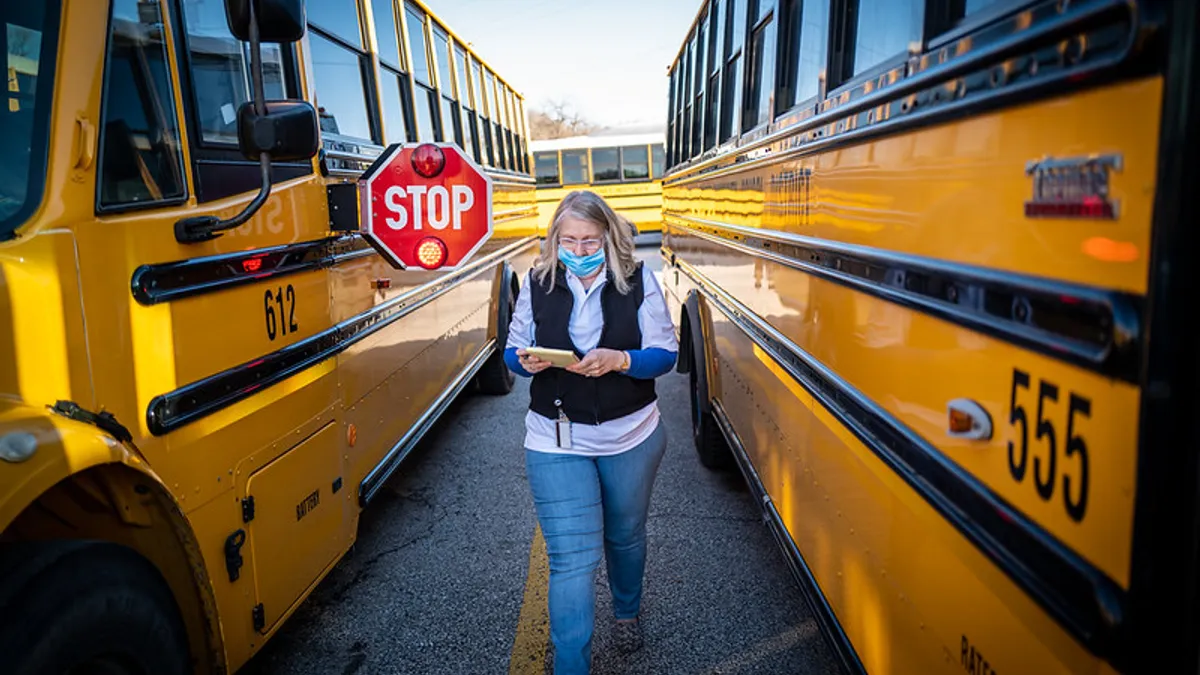Dive Brief:
- The COVID-19 pandemic has driven disproportionate job losses for workers with disabilities, according to Global Disability Inclusion survey results released May 5.
- More than half of workers with disabilities responding to the survey said they have either lost their jobs, been laid off or furloughed, or believe they will lose their job in the next 90 days. Only 28% of respondents without disabilities said they have been subject to — or expect to be subject to — such measures.
- Employees with disabilities often are already "on the fringes of competitive employment," said Meg O'Connell, the organization's CEO and founder, in a press statement. That means they're "some of the first groups impacted as companies shuffle their workforce to reduce hours, and lay off employees due to the economic shutdown," she explained.
Dive Insight:
As O'Connell noted, the survey's findings may not necessarily indicate direct discrimination. Still, HR may need to keep an eye on adverse actions such as layoffs to ensure that protected characteristics don't factor in and to examine plans for disparate effects.
In fact, the U.S. Equal Employment Opportunity Commission (EEOC) specifically warned employers that reductions in force are an area for caution. Before undertaking such actions, an employer should "review the process to determine if it will result in the disproportionate dismissal of older employees, employees with disabilities or any other group protected by federal employment discrimination laws," according to agency small business guidance.
And if an employer determines that certain groups are more affected than others, EEOC suggested that it determine whether it can adjust its selection criteria to limit the impact to that group. For example, if an employer's workforce is 30% women but a first-in-first-out system results in a layoff pool that is 85% women, the employer could consider switching to a system that prioritizes productivity or expertise, the agency said.
EEOC's warning to watch for other types of discrimination may be relevant to COVID-19 responses, too. Job losses in March were more common for women than for men, according to an April report from the Institute for Women's Policy Research. Similarly, a March Pew Research Center report also found that black and Hispanic workers were overrepresented in industries at high risk of layoffs.













